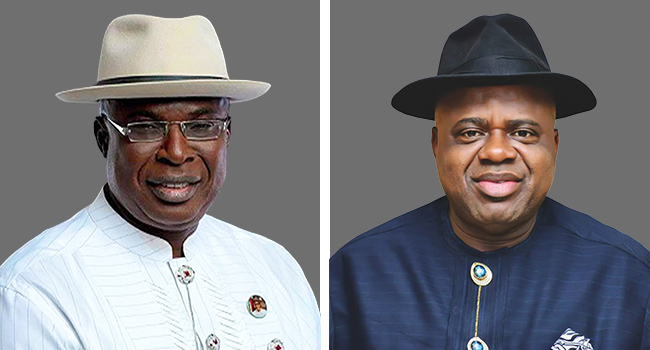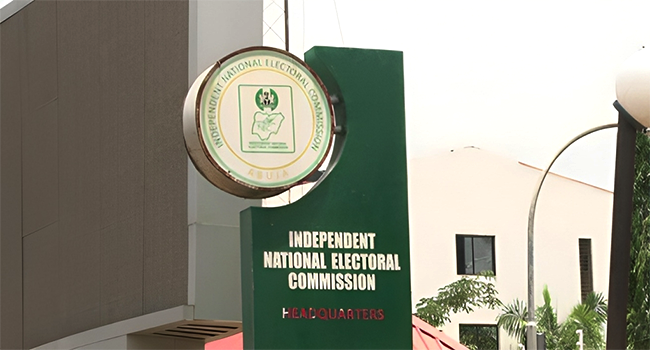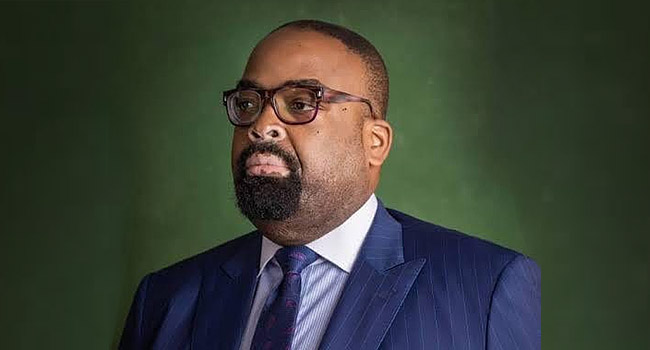Vice President Yemi Osinbajo, SAN, is of the opinion that when effectively operated, a cashless policy in Nigeria can help stem the surge of illicit election financing by making it possible to track funds.
His words: “I think that what we should be looking at is to provide more infrastructure. The cashless thing has been really advantageous and helps with tracking. That sort of infrastructure is useful for more financial inclusion and the more financial inclusion you have, the easier it is to track.”
He spoke earlier today at the Presidential Villa when he received a delegation of the European Union Election Observation Mission led by Mr. Barry Andrews, the Chief Observer, who is also a member of the European Parliament.
According to Prof. Osinbajo, “so much money can be spent without it being tracked,” under the current election financing practices in the country.
PHOTOS: Osinbajo Meets EU Delegation In Abuja Amid Election Plans
While noting the serious difficulty in controlling election financing because of cash transactions, the VP stated that there are still infrastructure issues required to be in place to ensure an efficient cashless system in the country. “With cash transactions, it is still difficult to seriously control election financing, ” the VP observed.
On the issue of electoral offences, the VP noted that there is the Electoral Offences Commission Bill at the National Assembly and “we hope that it will begin a new regime of dealing with electoral offences which would be helpful.”
He emphasized that “by and large, one shouldn’t expect INEC to be the investigator of electoral offences. I think that law enforcement agencies should be responsible for arresting and prosecuting offenders, State by State.
“Electoral offences are always seen through a political prism; people will always feel that they are being prosecuted because they belong to a certain party.
“What is more important is that we have to find a system where the police could have a special unit for offences during the course of elections. The Federal High Courts could also have a special jurisdiction to deal with offences and not extend beyond the Federal High Courts.”
On the role of the judicial system, the Vice President noted that more attention should be paid to the monitoring of tribunals and their outcomes, calling for more scrutiny from the National Judicial Council.
He disclosed that discussions have been had in the past concerning malfeasance on the part of some judges and those found guilty should be brought to the fore.
“There should be sanctions and that way, we would be able to clean up and correct some of the problems”, Prof. Osinbajo noted.
In his own remarks, Mr Andrews mentioned that the Observer Mission would be monitoring the elections coming up next month and hope for a peaceful and fair electoral process.
According to him, this is the 7th time the Independent National Electoral Commission is inviting the EU Mission to monitor the elections, adding that the team has been in the country since 11th January and would be here till the end of March, 2023.
Other members of the delegation include Ms Samuela Isopi, Ambassador, EU Delegation to Nigeria and ECOWAS and Mr. Thomas Boserup, Deputy Chief Observer, EU Election Observation Mission.




